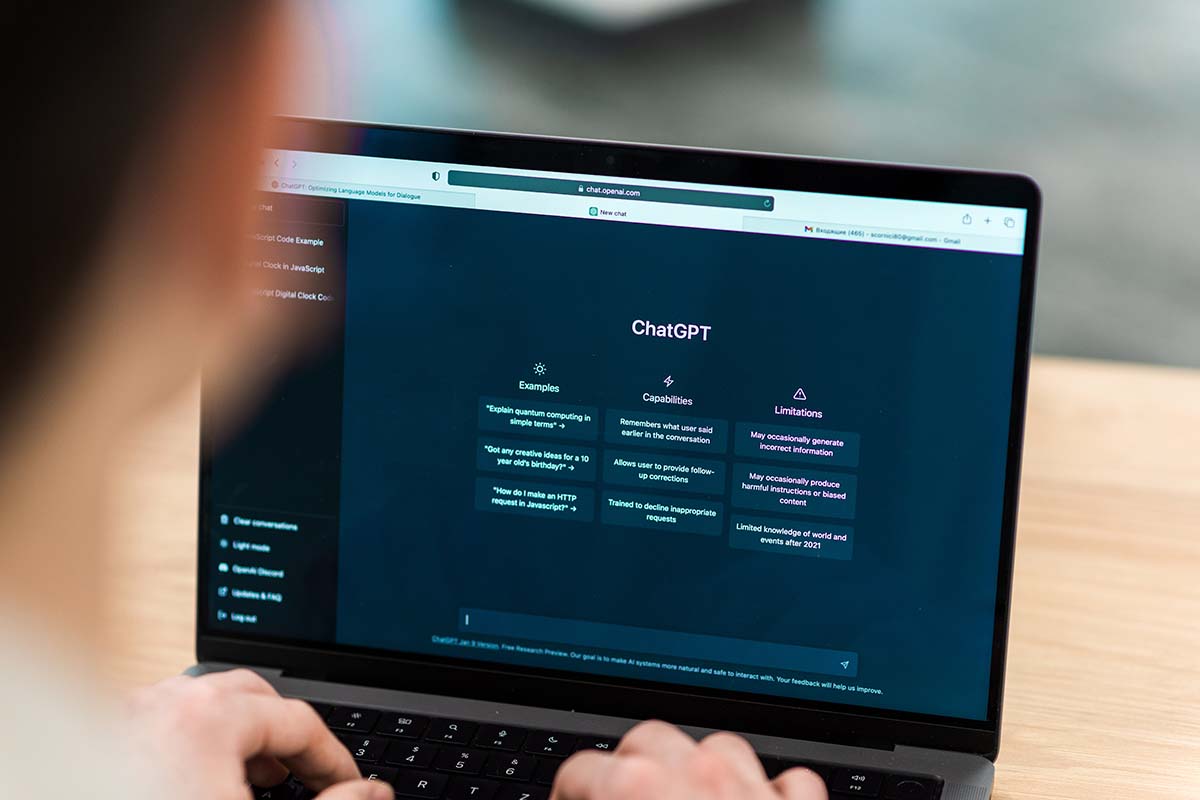Too much has been said about AI since Chat GPT launched. “Is it going to take everyone’s jobs? “Is SEO going to be dead?” “Will robots kill us and take over the world.”
No. AI will not kill SEO. “But then why are people so afraid?” you might reply. Whether you own an SEO agency in Denver or Sarasota, don’t hit the panic button. It will have more detrimental consequences than you never touching AI.
People enjoy doomsday scenarios way too much and are overly concerned with adverse outcomes, even if they are doubtful. For reference, watch this YouTube video about Thinking Fast and Slow, a monumental look into human biases by Daniel Kahneman.
AI should be looked at as an asset to SEO pros. In this article, we’re discussing why and how AI can be an asset. Continue reading to learn more about why SEO isn’t dead and why AI can’t replicate some things humans bring to the table.
Will AI Kill SEO: A Common Cycle
Search engine algorithms, Google updates, search results, technical SEO issues, and SEO strategies are still here, and they’re not going anywhere. So why are people so afraid that SEO will evaporate?
It’s a tale as old as time and involves another well-known bias: recency bias, the over-allocation of thought and resources to a newly-developed idea. Saying AI will kill SEO is similar to someone suggesting Devin Booker is the next Michael Jordan because he scores 50 points in a game. It’s an overreaction.
Whether you’re referring to voice assistants, artificial intelligence AI, or Google Home, there’s no doubt AI is infiltrating the digital industry. You can even confidently say that it’s shaping the industry. However, just because you introduce a new process does not render an old one obsolete.
Many businesses have bankrupted themselves by eliminating processes that worked simply because they feared the consequences of change. You don’t have to. Here’s the cycle of overreaction we’re currently witnessing in response to AI.
Contents
The Overreaction
Clients and industry experts freak out because of loss aversion and insist they must revolutionize their businesses.
The Adjustment
Steady experts learn how to adapt their business model using new technology. They make the most of the implementation but don’t compromise their strengths.
Homeostasis
The industry adjusts to the new technology, and it becomes part of the existing status quo. The verdict leaks how to use the latest technology, and innovation tends to stagnate. Lastly, the demand for new technology emerges.
New Technology
The demand for progress is rampant, and industry experts are willing to do whatever it takes to appear at the forefront of their industry. Technology innovators take advantage of the demand, new technology is created, and the cycle continues.
Does AI Work?
Yes, it would be best if you learned tools such as ChatGPT and Google Bard; they will change the face of marketing. You can streamline keyword research, optimize content, and implement minor tweaks. Most importantly, you can increase your speed for all of these actions.
This comes with a caveat that most don’t consider. Much has been said about AI’s potential to eliminate human error. Most have forgotten how frustrating it can be to deal with the ineptitude of an automated customer service agent. If you’ve ever screamed on the phone asking for a human representative, you know what we’re talking about.
The bottom line – machines make just as many mistakes as humans. They malfunction, they miss the mark, and they’re not 100% accurate.
There are two main areas in which we can focus on explaining how AI technology can be beneficial without it being seen as a tool that will change SEO irrevocably. The first is to examine what ChatGPT can’t do that a human SEO expert can. The second is to speculate – which is, unfortunately, all we can do for now – on how the behavior of a searcher is likely to change with the integration of ChatGPT into Bing and Google Bard into Google search.
Will AI kill SEO: What can’t AI do?
Below, we detail some of the things AI can’t do.
Variety
Search engines create a variety of SERPs. They let users make their own decision when making a query. Humans like to research, assess, and compare options before they reach a conclusion (some, anyway). AI takes that away from them. It standardizes answers and narrows things.
AI is excellent if searchers want to gain a general understanding of knowledge. But if they want a more in-depth look into the topic, they won’t use AI through the purchasing stage. Your ability to sift through competitors is a good human attribute, and you shouldn’t rely on robots to make your decisions for you.
The bottom line: ChatGPT is suitable for providing a surface-level answer to a query. It does not help with in-depth, complex situations.
Creativity
Creativity is the cornerstone of SEO, and most companies painfully lack in this department. And while they might think they can solve the issue by taking a lazy shortcut and automating creativity, it doesn’t quite work that way. Original ideas are well, original.
Once an idea becomes part of an algorithm, it loses its originality. AI (at least as of now) cannot generate output without input. This means when you rely on it for answers, you get the answers from competitors and other humans, not from the heavens as many think.
The bottom line: Not only is AI not close to replicating the human experience, but creativity also is not quantitative or objective. It is subjective. What works for one brand would be catastrophic for another.
Monitor Trends
AI can only examine existing data sources. And in a sense, when you talk about real-time data when it comes to monitoring trends, it can’t produce real-time data. Machine learning features continuous updates, but it can only update after something occurs, not as it occurs. Thus, AI can’t monitor newly developing trends.
How Will AI Change Search Behavior
AI adds another layer to the internet that people will utilize. Whether consumers want to find a quick answer to something or a quick recipe, they can receive straightforward responses.
These types of responses are the type you see in the rich snippet section. They are the high-volume, high-difficulty keyword phrases and questions everyone searches for. So, companies must adapt how they approach their content in this regard. Those that adapt their content strategy to include more interesting, impactful content on their websites will continue to see traffic.
You might see some initial traffic drop-off from the rich snippets being automated, but there will still be plenty of opportunities for you to create meaningful content.

